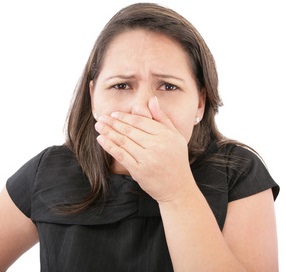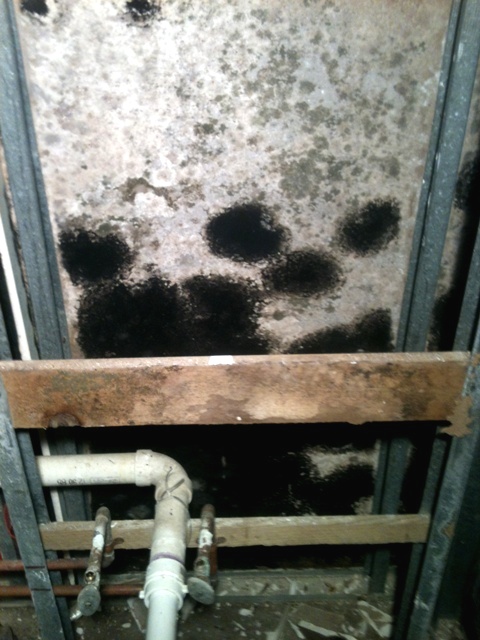Find a Mold Specialist Now
Click or Call, Toll-Free 24/7
Mold Smell
If your home has a chronic musty smell, it may be due to mold. Mold smell removal can be quite a challenge, but the smell is not simply unpleasant or embarrassing when you have company. The mold causing the unpleasant odor can lead to all sorts of health problems, like chronic sinus infections, allergic reactions and asthma attacks.
To get rid of the smell you need to remove the mold. Air fresheners and scented candles might cover it up but they don’t get rid of it – and most of them don’t even do a very good job of covering it up. When the weather is nice, you can open windows and air out the house, but even that only helps so much – and you can’t leave windows open all the time unless you happen to live in a very mild climate.
If you want the smell to go away, you’re going to have to get rid of the mold.
Mold Removal

The mold removal process can be a lengthy and complicated one. We suggest you schedule a free consultation with a mold removal specialist, and in a moment we’ll explain just how to do that. He or she can give you valuable advice about mold smell removal, even if you end up deciding to tackle the job yourself.
The removal process begins by searching your home to locate every bit of mold. If you miss even a tiny bit, it will just grow back and you’ll soon have a full-blown problem, smell and all, again. Look anywhere moisture comes into your house, like attics, basements, around any leaks in the roof, around any windows that leak and under any sinks where you’ve had leaky pipes. If there’s an area of the house that smells particularly musty, search it carefully even if you aren’t aware of any place moisture is entering.
A specialist can also help you track down all the mold in your house. He or she can even bring in a special test kit to find any hidden mold. There are tests available that you can purchase and use on your own but these are not as accurate as professional test kits. We encourage you to have a professional test conducted before attempting mold removal and again after mold has been cleaned up to make sure it’s all gone.
You’ll need to seal up any leaks before going on to remove mold and try to remove the smell. You’ll also need to seal off the affected section of the house by hanging sheets of plastic over doorways and securing them with duct tape in order to prevent mold spores from spreading as the cleaning process begins. Spores can easily become airborne and spread throughout your house. Then your whole house may begin to have a musty, mold smell, not just one area.
You can open windows to air out an area while you work in it, and with the careful placement of window fans you can draw any floating mold spores outside. You can also use a negative air machine, if you can get your hands on one; if you call in a professional to help with your mold smell removal, he or she will most likely bring one along.
You’ll need to scrub any areas of mold with a biocide designed for that purpose. However, some porous materials like carpeting and insulation may be ruined. You may simply have no choice but to replace them. A mold removal specialist will let you know what can be saved and what cannot be saved.
When to Consult with a Mold Removal Professional
We recommend consulting with a mold removal professional if:
- There is a musty smell in your home, which usually indicates mold growth, but you cannot find any visible mold.
- You’re not sure if moldy materials can be saved or if you should discard and replace them.
- You have mold in multiple areas of your home.
- You have, or suspect you have, mold in your heating and air conditioning ducts.
- You have severe environmental allergies, asthma, or other respiratory problems.
Most mold removal professionals offer free consultations, so they will visit your home, assess the situation, and advise you about the work that needs to be done at no charge to you. Even if you plan to handle the mold removal yourself, take advantage of some free expert advice by scheduling a free consultation. You can find mold removal specialists in your area by clicking on this link.
Return From Mold Smell To Our Symptoms Of Toxic Mold Exposure Page
Black Mold Health Symptoms Home Page





